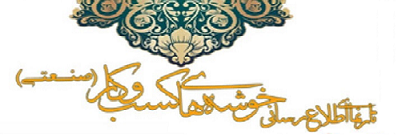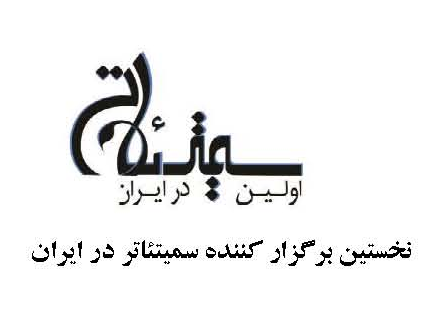صنعت داروسازی و بهداشت در ایران- سه ماهه دوم 2016
BMI Industry View
BMI View: With sanctions lifted, Iran has improving prospects of opening up to a wider diversity of trading partners and providing strategic opportunities for multinational pharmaceutical companies. By reintegrating into the financial transaction system SWIFT, the import of pharmaceutical-related products will ease and prevent future drug shortages. Both innovative and generic drugmakers will look to gain a local presence within the country, given the growing demand for essential medicines and likely improvements to healthcare provision.
Headline Expenditure Projections
■ Pharmaceuticals: IRR69.55tn (USD1.93bn) in 2015 to IRR78.95trn (USD1.97bn) in 2016; +13.5% in local currency terms and -2.2% in US dollar terms. Forecast upgraded from previous quarter.
■ Healthcare: IRR810.99trn (USD22.53bn) in 2015 to IRR923.35trn (USD23.08bn) in 2016; +13.9% in local currency terms and +2.5% in US dollar terms. Forecast upgraded from previous quarter.
Risk/Reward Index
Iran scores 38.0 out of 100 in terms of its attractiveness as a destination to launch innovative pharmaceuticals in Q216, up from 33.9 in the previous quarter, according to BMI's Risk/Reward Index.
Iran's position in the regional rankings has risen one place in Q216 to 19th out of the 31 countries in the Middle East and Africa region. Its overall score is steadily approaching the regional average of 40.3.
Generally speaking, Iran benefits from a large and growing population and relatively widespread access to healthcare services. However, its regulatory regime - including intellectual property rights and economic situation - is highly questionable. Consequently, the country performs below the regional average in terms of risk despite improvements in the political situation.
Key Trends And Developments
■ In January 2016, Sanofi signed a Memorandum of Cooperation (MoC) with Iran's government, aimed at boosting its presence in the country. This agreement falls in line with Sanofi's expansion activities across the Middle Eastern region in 2014 and 2015. The company is well-placed to benefit from the increasing demand for generic drugs and the currently favoured patented drugs segment.
■ In January 2016, Italian group Pessina Costruzioni announced a deal to build five hospitals in Iran as companies scramble to steal a march on rivals with trade heating up. The Milan-based company signed an Memorandum of Understanding with Iran's Ministry of Health in Tehran, where three of the 1,000-bed hospitals will be built.
BMI Economic View
The outlook on the Iranian economy over the next five years is positive as the country benefits from major sanctions relief. Despite this, we believe much of the excitement about a sudden opening in Iran is hype and investment will take some time before it flows in.
BMI Political View
The rapid termination of sanctions represents a key victory for President Hassan Rouhani; however, the longer-term relationship between Iran and the US faces significant risks. With a new administration in the White House in January 2017, Iranian presidential elections in 2017 and concerns over the supreme leader's health, the confluence of moderates and pragmatists may be just a phase - posing risks to the longevity of the deal.
گزارش تحلیلی بیزینس مانیتور- صنعت داروسازی و بهداشت در ایران- سه ماهه دوم 2016

